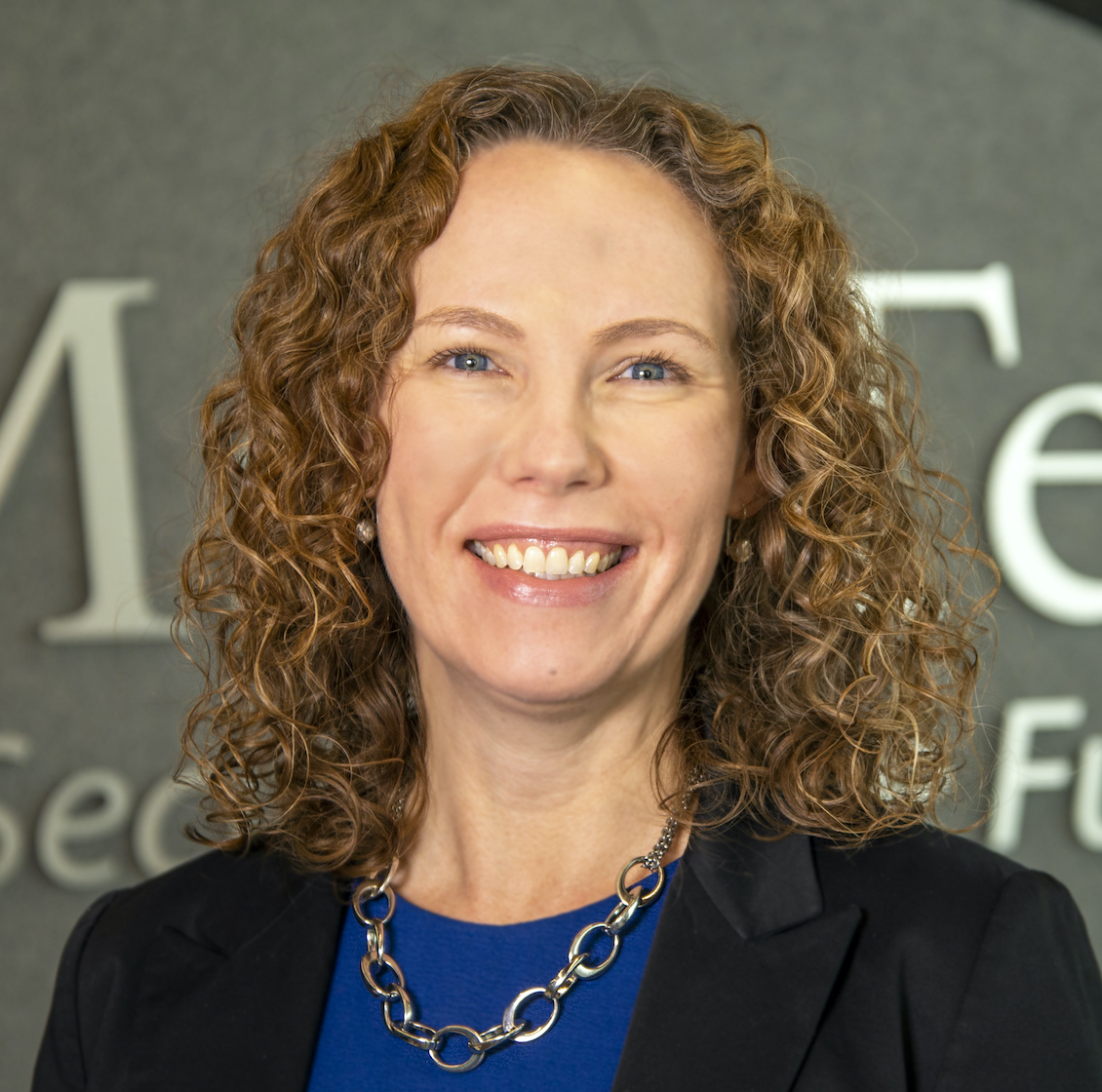In January 2020, ManTech made a strategic commitment to transform the way our employees experience meaningful, rewarding careers at our company. We call this transformation “career enablement,” a new and innovative type of work culture that fosters employee engagement and boosts talent development and retention with cross-functional learning opportunities. The basic idea: Empowering the employee to make decisions based on career progression instead of setting year-to-year performance goals in dictated performance categories.
The rationale for this shift from annual performance reviews and a promotion-based career culture is simple: We want to help employees develop a more personalized career path and give managers and corporate leadership insight into where employees want to go within the company.
Participating employees gain the opportunity to expand their knowledge of the business — and their value to the company — through parallel moves that build their skills. The end game for companies that embrace this approach to career advancement is loyal, committed and satisfied employees who propel their careers through diverse work opportunities.
Let’s do a deep dive on career enablement, which is built on the following four pillars, to see how it works — and then apprise the results.
1. Employee initiated. Leader supported. Organizationally enabled.
Career development is a dynamic, flexible and shared process in which everyone has an important role.
Employees are responsible for:
- Taking advantage of and creating development opportunities aligned to their career and personal interests.
- Gaining an understanding of their individual strengths and development needs.
- Seeking insights from managers and leaders to gain knowledge of ManTech’s priorities and career possibilities.
- Fully using the career enablement tools and resources available, such as Skillsoft and tuition-paid degrees in core technologies from Purdue University Global and other university alliance partners.
- Adopting a future development focus, pursuing diverse experiences and leading-edge skills, and building capabilities for continued support of the mission.
Managers are responsible for:
- Investing time in and encouraging employees by providing invaluable, personalized mentoring and guidance.
- Building trusting relationships with employees and establishing development objectives to align individual aspirations with business needs.
- Continually recruiting and re-recruiting team members, highlighting the value each brings to ManTech and the value ManTech brings to them.
- Acting as talent brokers, matching talent with business needs and enabling the flow of talent within and across the company.
ManTech is responsible for:
- Providing a quarterly career enablement check-in approach with development plans recorded in our human capital management system to track phased progress.
- Attracting and retaining top talent by creating a career-focused culture and employee experience.
- Providing opportunities for employees to explore, acquire and activate a diverse set of skills and capabilities.
- Motivating and rewarding leaders who assist employees and facilitate career enablement.
2. Career success fueled by curiosity, growth mindset and — sometimes — a leap of faith.
Curiosity. Growth mindset. Tenacity. Leaps of faith. These critical development building blocks enable individuals to excel in their current role and prepare for future opportunities. The commitment to career success extends well beyond learning. It includes a building and activating process, which, when combined, unlock true value for an individual, for leadership and for the business.
Each unique path forward is guided by an individual’s curiosity, growth mindset and occasional “leaps of faith” to seize developmental experiences in learning and pursue stretch opportunities even when future roles are not fully known.
3. Development with a future-focused lens.
All players understand that future-focused development is key to both individual and company success. Investing in people today prepares the company and workforce for future opportunities.
At ManTech, the results of this collective investment are (1) employees who are better equipped to support the mission, make an impact and accelerate careers in areas they want to explore and (2) a robust, “ready now” supply of talented employees who meet and exceed the ever-changing demands of our industry and customers.
4. Career stories with unlimited possibilities.
A career at ManTech does not comprise a singular destination with predefined steps. Rather, it is full of endless possibilities to discover and explore. Employees personalize their own career story, choosing the path to pursue, and growing and advancing by aligning individual capabilities and aspirations with ManTech’s needs and strategic goals. Some people want to pursue a career as a technical subject matter expert while others choose to walk a management path, engaging teams and guiding the business — or a mix of both.
ManTech holds quarterly career discussions between managers and employees to track progress and assist the manager and employee in reviewing expectations and career goals. There is no numerical rating given; this is an opportunity to receive help developing an individual’s skills and career. Check-ins focus on development needs, skill gaps and personal career goals and provide an opportunity to discuss the following with their manager:
- Status of learning and courses in progress.
- Training requests tied to professional or personal development goals.
- How to achieve the employee’s career goals.
The response so far is overwhelmingly positive. Ninety-four percent of employees completed a check-in questionnaire in our most recent round. Career satisfaction is up three percent. Ninety-five percent of the workforce stated they are receiving the type of feedback they want on their careers. Placements through our Mobility Program increased 72 percent.
Check-in questionnaire data also gives insight into how employees want to develop. Attending conferences and seminars was a top choice for ManTech employees in the first round of check-ins last year, so ManTech University developed and promoted a seminar series that in three sessions resulted in nearly 500 attendees and a 92 percent positive rating.
Such results are pure gold. Based on our experience, we believe career enablement is the optimal approach to human capital management — the opportunity for employees to steer their careers in exciting new ways that benefit them and their companies.
Career enablement — it’s the future.















